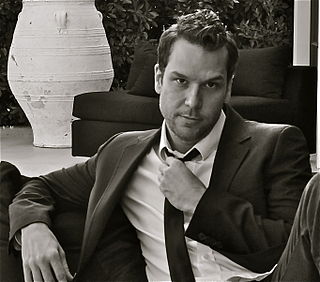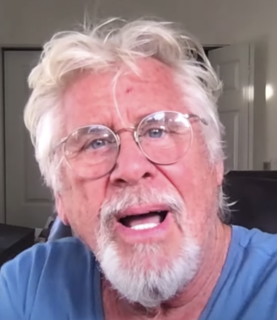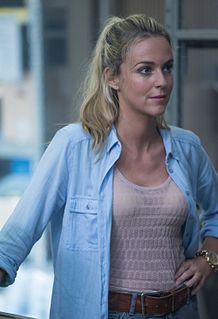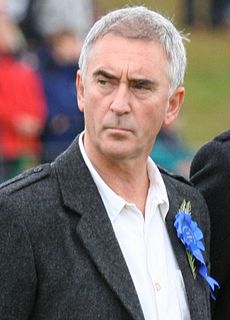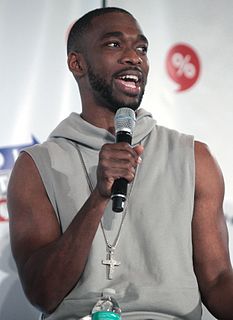A Quote by Ben Kingsley
Fifteen years before I became a screen actor, I was in the theatre. A lot of my work was comedy, which I loved doing. It's harder.
Related Quotes
The truth is, an actor's performance is the result of work by a lot more people than just the actor. When you see that character portrayed up on screen, there is the work certainly of the actor, but there's the work of the editor, there's the work of what the camera was doing. What the music was doing, all of the above.
I did spend about 5 years in the Griffin Theatre Company in 1978 actually , and worked therefore about 5 years on a voluntary basis. This was very much as a amateur, doing things like mopping the floor, handling props, setting up scenery, etc. I never acted, and don't think I'm an actor, but those years in the theatre taught me a lot about professional theatre.
I played a lot of serious parts in a lot of TV movies and early miniseries but what happens is that you get sort of locked into "Oh no, he's a serious actor." Well, I was a serious actor for nine years or 10 years and then I get into comedy and everybody said, "Oh no, he's funny. He can do comedy," and then all of a sudden, you're just a comedy guy.
I'm doing The Physicists, which is great, and I do have my agent to thank for that because a lot of agents try and talk you out of doing theatre. They don't push theatre because you can make more money doing television, whereas theatre wages are pretty shocking. But it's something I've always been keen to do and have been encouraged to do so, which is nice.
Being an actor in TV or movies is different. A film or TV actor, if put in theatre, won't know certain dimensions, while a theatre actor won't know certain things when he comes before the camera. So I think a film actor can learn emoting from this theatre counterpart, while the theatre actor can learn about camera techniques from the film actor.
If there's one regret I have of my time in comedy it's that I really I was so obsessed with improv for so many years and I exclusively did improv for the first 6 years or 7 years. I was doing comedy and then I started doing solo work and stand up, a bit of writing, making videos, and really going into it on that end.



